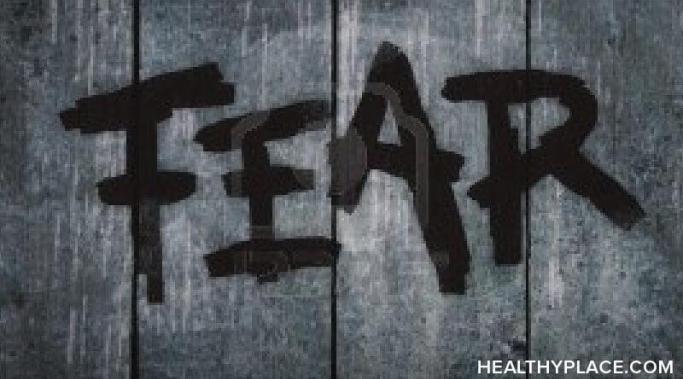Limiting beliefs and thoughts are often at the root of social anxiety. If we trust these limiting beliefs, we give our thoughts undue power. Cognitive restructuring is one technique used in cognitive behavioral therapy (CBT) to treat social anxiety.
Treating Anxiety
Stress amplifies anxiety. Part of self-care is managing that stress and doing what we can to keep ourselves from feeling overwhelmed. Sometimes this means reducing our activities and obligations, even ones we like and would prefer to keep. It is for this reason that my time writing the Treating Anxiety blog must come to an end.
I experience seasonal anxiety, so naturally I expect it--but never as soon as it appears. Today I peered out the window, and there it was. A wave of anxiety rolled through my body. It was a familiar jolt that reacted to a common anxiety trigger—a cold, blustery day with a sky darker than my favorite charcoal gray t-shirt. Autumn is here and winter is coming. Naturally, seasonal anxiety is too.
Do family holidays trigger your anxiety? Family relationships can trigger anxieties, so chances are that the holidays are particularly challenging. While holidays can be a time to connect with loved ones, there are many situations that may lead to anxiety symptoms. The question becomes, "How can we deal with anxiety triggers when family holidays are around the corner?"
The after-effects of a panic attack rarely include immediate relief. Living with severe anxiety and panic disorder means remaining constantly vigilant – of ordinary events, special events, people and our anxiety disorder itself. We worry and we watch, wanting to control what we can and, at least, predict the rest. That’s partly what makes a panic attack so difficult to experience. When the panic attack ends, the after-effects of a panic attack begin.
Even positive events can trigger trauma memories sometimes. This week, the hashtag #metoo flooded social media accounts to demonstrate the widespread problem of sexual assault and harassment. We witnessed a multitude of voices share deep-seated shame and anxiety associated with trauma. Whether through a simple #metoo or a painful story, we unloaded our burdens. While freeing for many, the hashtag could have triggered trauma memories for some.
It makes sense for anxious people to manage anxiety with food--after all, we’ve all heard the saying “you are what you eat.” When it comes to mental health, knowing foods that help or hurt you is especially important. Partaking in some foods or drinks, such as alcohol, can make us anxious and depressed in the long term. Consuming others, like the ones below, can calm our minds and help manage anxiety with food.
Is there a good way to manage anxiety about world events if you're an empath? If you feel like the world is falling apart, you’re not alone. Although empathy is more acutely developed in highly sensitive people, you don't have to be an empath to feel anxious. So it’s pretty easy to feel overwhelmed these days, especially with this week’s tragic incident in Las Vegas. Everywhere we turn, it seems we see endless violence and natural disasters. Managing the anxiety caused by world events takes special skill.
Certain coping skills for women can make a significant difference in anxiety presentation. That’s the takeaway from a new study of 10,000 women that looked at anxiety levels, stressful life circumstances, and self-reports on stress and coping.1 But what do those coping skills for women look like? Are they things we can learn?
Nearly all of us with anxiety disorders have a specific fear or phobia that sends our anxiety into overdrive. For some people, it may be a fear of public speaking. For others, the specific fear or phobia may be the subway or dentist appointments. Whatever it is, the fear sends our hearts racing and this specific fear or phobia makes managing our everyday levels of anxiety that much harder.









